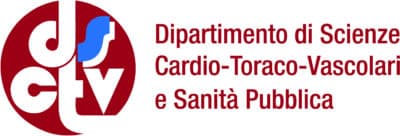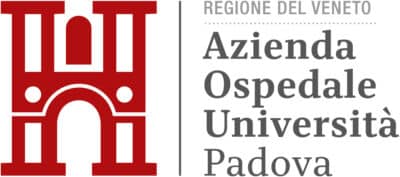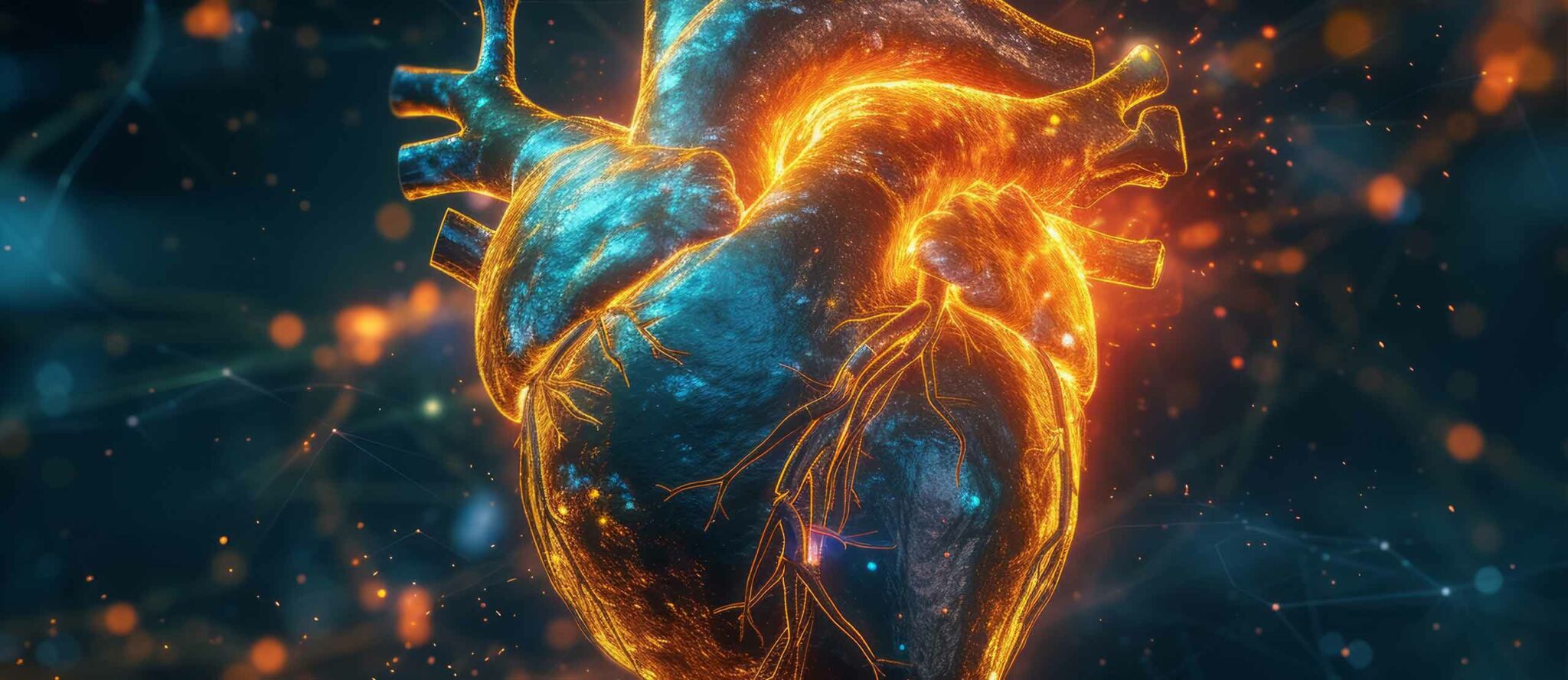

The Post-Graduate Course in Cardiac Computed Tomography: Advanced Techniques and Applications, strengthens the theoretical/practical skills of cardiac CT exams, integrated in multimodality imaging, providing specific training to optimize resources and potential of this diagnostic method in ischemic heart disease, structural heart disease, congenital heart diseases in children and adults, with a focus on the most recent innovations in this field.
The course includes lessons and practice on patient preparation, exam management, protocol optimization, post-processing with image rework and use of a different software, for basic and advanced evaluations, such as plaque characterization, periconorary and myocardium fat assessment, up to the report being drafted and its integration in the patient’s diagnostic/treatment plan, concerning the main pathologies for which a cardiac CT is indicated.
The Post-Graduate Course in Cardiac Computed Tomography: Advanced Techniques and Applications trains doctors highly specialized in cardiac imaging with CT, by implementing their specific knowledge in the use of techniques, in managing complications, and in integrating different specific cardiac-radiological competences, into the therapeutic diagnostic path concerning the main cardiac pathologies, in synergy with other diagnostic techniques.
The close integration between clinical practice and imaging, which is the foundation on which this course is based, highlights how a multidisciplinary evaluation and the collaboration between specialists can help achieve high-quality and increasingly accurate standards of diagnosis, treatment and therapeutic indication, by aiming at a customized precision medicine model.
The Post-Graduate Course in Cardiac Computed Tomography: Advanced Techniques and Applications is addressed to Medical Surgeons, specialized in Radiodiagnostics/Radiology, Cardiology, Nuclear Medicine.
Possible career opportunities include public or private healthcare facilities, in the cardiac imaging sectors.
The Post-Graduate Course in Cardiac Computed Tomography: Advanced Techniques and Applications includes a program articulated in 3 macro-areas:
- Cardiac CT: from anatomy to image acquisition;
- Cardiac CT: indications, study protocols and pathology-based post-processing;
- Diagnostic paths: CT in multi-modality cardiac imaging.
These areas are developed in the following modules:
Module 1 – CARDIOVASCULAR ANATOMY AND PHYSIOLOGY, INDICATIONS AND GUIDELINES
Introduction to cardiovascular anatomy and physiology; indications and clinical potential of cardiac CT in the diagnostic path of patients suffering from heart disease.
Module 2 – PATIENT PREPARATION, PROTOCOLS AND TECHNICAL ASPECTS
Patient management in terms of technical and pharmacological preparation, contrast media and cardio-synchronized acquisition methods, exam contraindications, principles of radioexposure.
Module 3 – ISCHEMIC CARDIOPATHY
Indications, targeted protocols and post-processing: calcium score, plaque analysis, perfusion and stress, advanced analyses. Follow up on revascularized and heart transplant patients.
Module 4 – CORONARY ANOMALIES AND CONGENITAL CARDIOPATHIES
Indications, targeted protocols and post-processing in congenital cardiopathies in paediatric and adult age, and in coronary anomalies; 3D printing and virtual reality;
Module 5 – STRUCTURAL CARDIAC DISEASES
Indications, targeted protocols and post-processing in aortic, mitralic, tricuspid, and pulmonary valve pathologies; cardiomyopathies. Integration of CT in pre- and post-procedure structural interventional cardiology.
Module 6 – ARRHYTHMIAS AND SPORTS
Indications, targeted protocols and post-processing in arrhythmias, and in master and non-competitive athletes. CT applications in electrophysiology.
Module 7 – EMERGENCIES-URGENCY
Protocols, indications and management in emergency-urgency patients.
Module 8 – MULTI-MODALITY CARDIAC IMAGING
Analysis of the role of CT in multimodality cardiac imaging, and comparison with other ultrasound, invasive and cardiac magnetic resonance methods. Optimization of integrated multidisciplinary study protocols for the main cardiac pathologies.
Module 9 – CARDIAC CT IN CLINICAL PRACTICE
Clinical cases: evaluation of the indications, exam acquisition, patient management and dataset processing, post-processing, image analysis and report drafting.
The Faculty is comprised as follows:
- Prof. Raffaella Motta
- Dr Valeria Pergola
- Prof. Martina Perazzolo Marra
- Dr Annagrazia Cecere
- Dr Giorgio De Conti
- Dr Simone Corradin
- Dr Stefano Da Pozzo
- Prof. Sabino Iliceto
Attendance to the Course is mandatory (min. 80% of the total CFU). Students must attend to the lessons, seminars and hands-on activities carried out in person, in order to familiarize with the potential of cardiac CT, acquisition techniques, patient preparation, pathology-based diagnostic protocols, post-processing, diagnostic report drafting, and exam clinical impact assessment aspects.
The lessons and case interpretation sessions will be held in class, at the Hospital University of Padua, and partially as webinars, on a dedicated platform. The observational clinic part will be carried out at the hospital Radiology unit, where participants will assist in the exam acquisition and post-processing, by actively taking part in post-acquisition analysis on dedicated software.
There will be a final exam for all modules, with a final exam, consisting of a post-processing analysis and in drafting of an exam report for a clinical case, in order to evaluate the students’ capacity to optimize the potential of diagnostic method.
The general ranking of merit for the academic year 2025/26 will be published on the Italian page of this Master according to the timing provided in the Call.
Information
FAQ
The titles submitted by applicants will be evaluated during the selection process.
In particular, the following scores will be attributed:
- Resume: up to 70 points
- Dissertation: up to 10 points
- Publications: up to 10 points
- Other titles deemed useful by the applicant: up to 10 points
The Course includes an observational clinic part, which will be carried out at the Hospital University of Padua (Director: Dr Giorgio De Conti), where participants will assist in the exam acquisition and post-processing, by actively taking part in post-acquisition analysis on dedicated software, supervised by tutors.
This hands-on activities, which will be carried out in the CT Rooms, is crucial to train the students, and an integral part of the Course; for this reason, the Course is limited to 10 participants.
An enrolment contribution equal to €240.00 is reserved to DAC students. Unfortunately, no scholarships will be provided.
Attendance of the Post-Graduate Couse is mandatory; students must attend at least 80% of the overall theoretical-practical activities.

